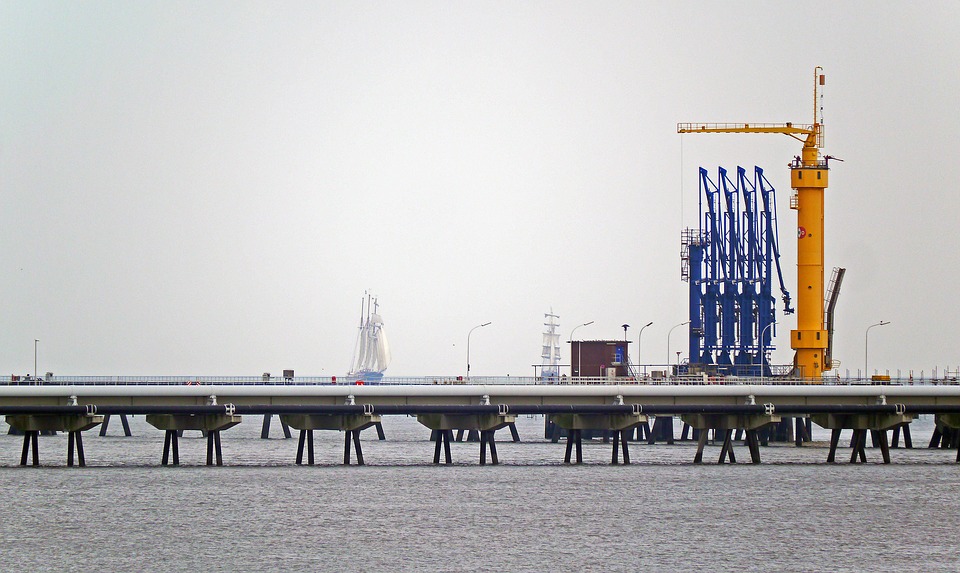Saudi Arabian Oil Giant Aims To Build A Refining Empire
It wasn’t all that long ago that the U.S. was threatened with declining oil reserves and an ongoing reliance on energy imports.
Now, it has risen in the ranks to become the single-largest oil producer in the world.
With the termination of the Crude Export Ban in 2015, shipments of American oil and gas are now infiltrating the world’s busiest energy markets and changing the playing field – putting it on the precipice of global energy supremacy.

For years, America’s record-breaking production has been the focus of the U.S. oil and gas sector while neglecting, arguably, the most important part: U.S. refining.
While the shale revolution may have recently pushed the U.S. to the top spot among oil producers, the U.S. already had the top spot with the world’s largest and most sophisticated refining industry.
According to the U.S. Energy Information Administration (EIA), on average, from a 42-gallon barrel of crude oil, U.S. refineries produce about 20 gallons of motor gasoline, 12 gallons of distillate fuel – most of which is sold as diesel fuel – and 4 gallons of jet fuel.
And while American refiners are leading the charge, we’re not the only oil-rich nation making headlines.
Saudi Aramco, the largest oil company in Saudi Arabia – and indeed, the world – announced that it will be “heavily investing” in increasing its refining capacity and chemicals business.
Not only that, but Aramco also has several refinery projects in the works, from a mega-complex costing $44 billion in India to a 300,000-barrels-per-day refinery start-up in Malaysia.
This new business plan is being done with the intention of securing more downstream markets for its crude oil.
Abdulaziz Al-Judaimi, Saudi Aramco’s senior vice president, stated “Our strategy is very simple. We want to be at 8 to 10 million barrels per day of participated refining capacity.”
This oil giant, which is planning on selling 5% of its shares publically within the year, is attempting to become the top leader in chemicals by 2040.
And they certainly have the capability to get there.
Now, the refinery sector is one of the most important in the oil market.
These days, the refineries able to move between serving domestic demand and higher priced foreign market exports have been tracking up nicely.
Which means that we have moved into an environment favorable to the refining sector.
Disclosure: None.



